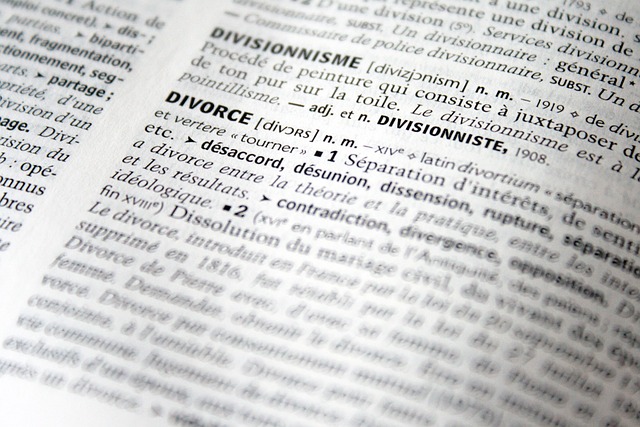Family law for grandparents is a specialized area addressing grandparent rights and access to grandchildren, varying by jurisdiction. Grandparents face challenges like limited visitation, distance, and state-specific laws, especially with changing family dynamics. Professional legal guidance is crucial to navigate these complexities, protect grandparent rights, and ensure positive outcomes, such as supervised visitation or joint custody arrangements.
Grandparents play a vital role in their grandchildren’s lives, but their rights can sometimes be challenged. This article offers expert advice on navigating grandparent rights issues under family law. We explore common challenges faced by grandparents and present practical solutions and strategies tailored to grandparent rights cases. Understanding your legal standing is crucial for safeguarding your relationship with your grandchildren. Dive into these insights to empower yourself in family law matters pertaining to grandparents’ rights.
- Understanding Grandparent Rights Under Family Law
- Common Challenges Faced by Grandparents
- Practical Solutions and Strategies for Grandparent Rights Cases
Understanding Grandparent Rights Under Family Law

Grandparent rights, while recognized in many jurisdictions, can be a complex area under family law. These rights refer to the legal standing and access privileges that grandparents have regarding their grandchildren. Understanding these rights is crucial for families navigating custody and visitation matters, especially when there are disputes or challenges. Family law for grandparents often involves ensuring their significant role in a child’s life is protected while maintaining the best interests of the child as the primary consideration.
In various countries, grandparent rights can be outlined in statutes or court precedents, providing guidelines on visitation, custody, and the circumstances under which these rights apply. These laws acknowledge the valuable contribution grandparents can make to their grandchildren’s upbringing, fostering stability and continuity. However, when challenges arise, such as conflicting family dynamics or changing custodial arrangements, seeking legal advice is essential to understand and assert grandparent rights within the framework of family law.
Common Challenges Faced by Grandparents

Grandparents often face unique challenges in maintaining their relationship with their grandchildren, especially when legal hurdles arise. Common issues include limited or no access to the child due to custody arrangements, distance from the family, and a lack of understanding of current family law for grandparents’ rights. These challenges can be exacerbated by changing societal norms, where blended families and single-parent households are more prevalent.
Many grandparents struggle to navigate the complexities of family law, which often differs from state to state, making it difficult to know their legal standing and rights. They may feel powerless when ex-spouses or other family members contest their involvement in a child’s life. These situations can be emotionally draining and legally complex, requiring professional guidance and advocacy to ensure grandparent rights are protected under the law.
Practical Solutions and Strategies for Grandparent Rights Cases

In grandparent rights challenges, practical solutions and strategies are crucial for navigating complex family law issues. One effective approach is to establish clear communication channels with all parties involved, including parents, grandparents, and legal representatives. Mediation sessions can facilitate open dialogue, helping to resolve conflicts amicably. Additionally, gathering comprehensive documentation supporting the grandparent’s case is essential; this may include medical records, educational achievements, and affidavits from character witnesses.
Legal representation tailored to family law for grandparents is another vital strategy. Experienced attorneys specializing in these matters can guide clients through the legal process, ensuring their rights are protected. They can also advise on appropriate actions if a grandparent’s relationship with the family is strained, such as filing for supervised visitation or advocating for joint custody arrangements. Building a robust case and pursuing professional legal counsel significantly enhance the chances of favorable outcomes in grandparent rights cases.
